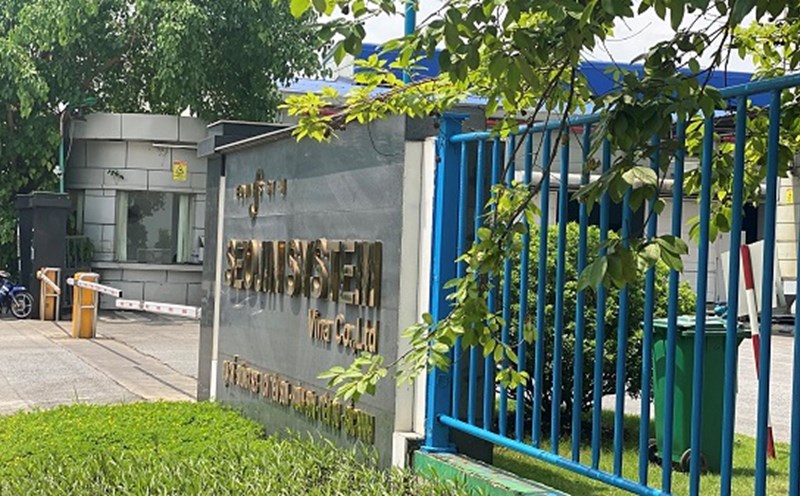From the institutional testing room to the economic locomotive
When the Foreign Investment Law was promulgated in 1987 - a major turning point opening the door for the Vietnamese economy - Ho Chi Minh City was the leader in implementation. After only a few years, the city has granted hundreds of investment licenses with a total capital of nearly 1 billion USD, creating leverage for growth in the early stages of the renovation process.
Over the past 50 years, Ho Chi Minh City has always maintained a contribution rate of more than 22% to national GDP, nearly 1/3 of budget revenue, labor productivity is 2.6 times higher than the whole country. This is the result of a vision of innovation, along with the bold application of new and breakthrough policy mechanisms.
Currently, Ho Chi Minh City has about 300,000 operating enterprises, accounting for 30% of the total number of enterprises nationwide.
As a pioneer, Ho Chi Minh City has been repeatedly assigned by the Central Government to pilot new management models and policies. Important Resolutions of the Politburo such as 01, 20, 16, 31 all demonstrate a specific development orientation, promoting the city's leading role. Through the process of testing and adjusting, many effective policies from Ho Chi Minh City have been institutionalized into general regulations.
Currently, the policies in Resolution 98 are gradually removing the obstacles that have remained for many years, helping Ho Chi Minh City maximize its potential and advantages. For example, 4 projects to upgrade national highways 1, 13, 22 and the North - South axis under the BOT form, with a total capital of more than 57,000 billion VND, will soon clear the city's key gateways.
Ho Chi Minh City also implements important projects such as building an international financial center, attracting strategic investors for Can Gio Transit Port, and planning 500km of urban railway according to the TOD model (urban development associated with public transport).
Proposal to extend Resolution 98 after the merger
Ho Chi Minh City will merge with Binh Duong and Ba Ria - Vung Tau provinces to establish the new Ho Chi Minh City. In the context of administrative boundary mergers, Ho Chi Minh City proposed to continue applying Resolution 98 to 2030 to ensure continuity and avoid disruption of policies that are effective.
Assoc. He said that Resolution 98 should be widely applied to the whole new area, because many policies in the Resolution can be effectively implemented in Binh Duong and Ba Ria - Vung Tau. For example, the BOT model can be applied to existing routes in Binh Duong; Today can be deployed in the construction of the Metro connection line. In particular, the additional income policy will be a great motivation for the staff in the period of many changes and challenges.
Mr. Pham Binh An - Deputy Director of the Ho Chi Minh City Institute for Development Studies - said that Ho Chi Minh City needs to continue reviewing and perfecting the socialist-oriented market economy institution, meeting practical requirements and improving effectiveness and efficiency of implementation, creating momentum to promote development. Along with that, it is necessary to strengthen the assignment, decentralization, delegation of authority, and authorization according to the provisions of law, personalize responsibilities associated with inspection, supervision, and control of current management power, and allocation of resources appropriately; minimize delays in implementation to increase the effectiveness of policies.
Lawyer Nguyen Van Hau - Head of the Communications Agency of the Vietnam Bar Federation - said that the law plays a very important role in economic development. Because when the legal system is clear, stable, and effectively implemented, it creates a predictable business environment. This reduces risks for investors (domestic and foreign), encourages them to invest capital, and develop long-term production and business. The transparency of regulations helps businesses operate more easily and fairly.
Ms. Nguyen Thi Thuy Dung - Deputy Chief Justice of the Ho Chi Minh City People's Court - said that legal transparency helps businesses predict risks, reduce compliance costs, save time on procedures, thereby improving competitiveness and attracting foreign investment. This is also an important factor in limiting disputes, helping the parties clearly understand their rights and obligations, reducing the burden on the judicial system.











